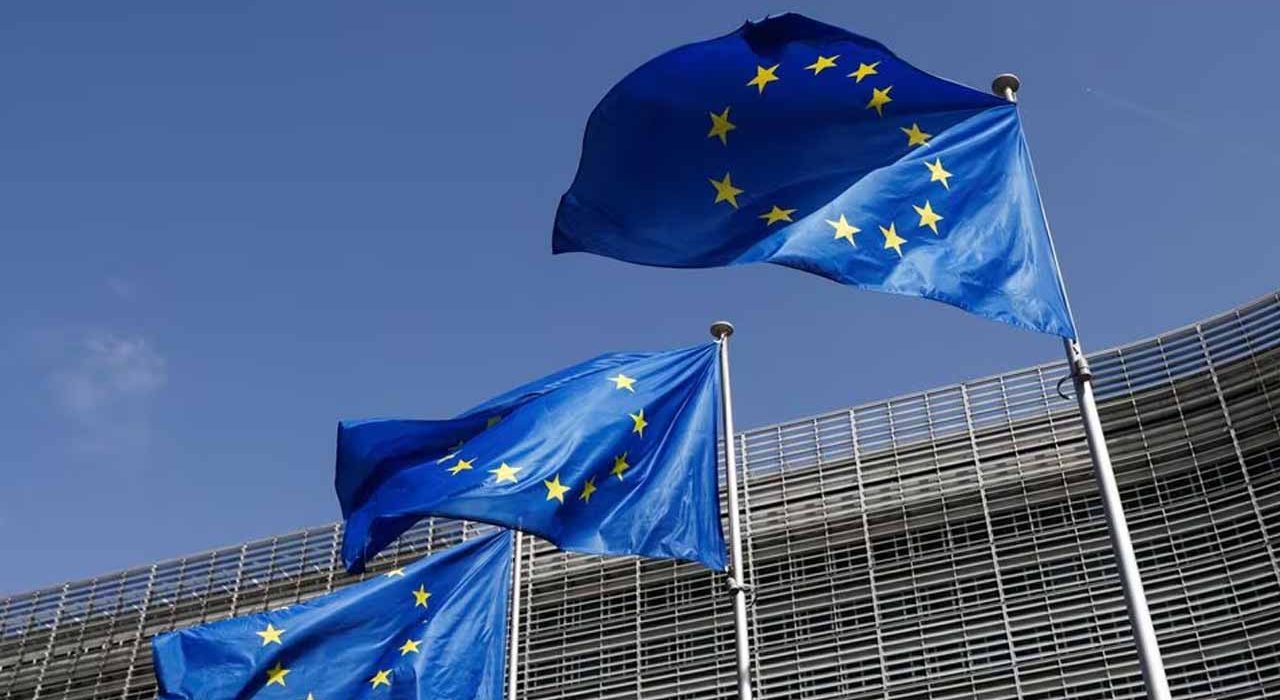In what could be described as a groundbreaking shift in the financial architecture of Europe, the European Union has reached a critical agreement on the regulatory foundation for the launch of the digital euro—bringing the long-anticipated central bank digital currency (CBDC) one step closer to becoming a reality.
The agreement, sealed by EU finance ministers and policymakers, lays out the legal framework that will guide how the digital version of the euro will function, including who can access it, how it can be used, and the protections available to consumers. This latest development means that the digital euro is no longer just a conceptual experiment but a concrete policy goal that could soon reshape how over 340 million people in the eurozone make payments, save money, and carry out routine financial transactions.
Unlike cryptocurrencies such as Bitcoin and Ethereum, which operate outside the control of central banks, the digital euro will be fully backed and issued by the European Central Bank (ECB). The ECB insists that the digital euro will function as a secure and reliable digital alternative to physical cash—not a replacement, but a complement.
For citizens within the EU, the digital euro will offer the ability to make electronic payments with the same legal tender status as euro banknotes and coins. It is expected to be accessible via smartphones and other digital devices, enabling users to send and receive money instantly and securely across the eurozone. Importantly, it would not require users to hold an account with a private bank, giving the general public a direct link to the central bank in a way that currently doesn’t exist.
From the perspective of global observers—including Nigerians with economic ties to the EU or interests in digital currencies—this move signals a growing trend where major economies are laying down frameworks for state-backed digital money. For Nigerians living in or trading with the eurozone, the digital euro could simplify cross-border transactions, reduce remittance costs, and offer a more stable medium of exchange in dealings with European partners.
However, concerns around privacy, surveillance, and data protection remain a hot topic in the conversation. Critics worry that the digital euro could give central banks more oversight into citizens’ spending habits. The EU, on its part, claims it is building strong privacy safeguards into the framework, ensuring that the use of the digital currency does not compromise individual freedoms or financial anonymity more than current electronic banking systems already do.
The European Central Bank has already concluded several phases of research and technical trials and is now preparing for the “preparation phase,” which may lead to a full-scale launch within the next two to three years. Analysts believe that the eventual deployment of the digital euro will likely influence other regions, especially in Africa, where digital finance is growing rapidly and where Nigeria has already introduced its own CBDC—the eNaira.
As the digital economy continues to evolve, the EU’s progress with the digital euro sends a clear signal: the future of money is digital, and global economies must adapt or risk being left behind. For now, all eyes remain on how the European project unfolds and what it will ultimately mean for global financial integration.
